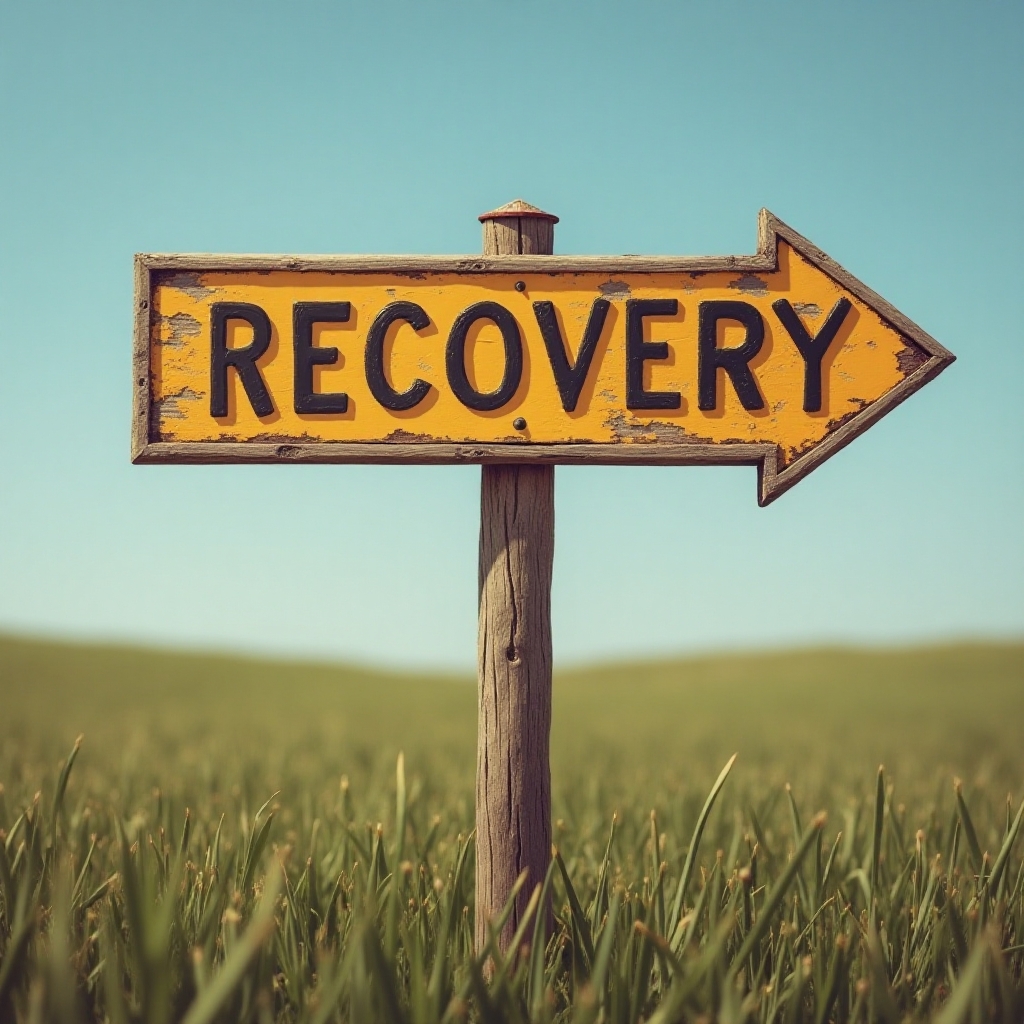Before we begin, it is really important to understand how recovery works.
Recovery from anxiety is a journey. It is not an instant event, but a gradual emergence from the anxiety state. While we make gradual and steady progress towards full recovery by applying the Acceptance Method, it does not always feel like we’re moving forward. Rest assured, if you are practising, you are progressing.

Understanding recovery helps us to stay motivated and keep practicing even when we are going through a difficult time. Here are some useful things to know as you embark on your recovery.
Setbacks
Our experience of the journey includes periods of struggle, mood changes, changes in confidence about our ability to recover. It will also include setbacks where the symptoms come flooding back with a vengeance. It is important to remember the following things at these times:
- Never judge our progress by how we feel in any given moment;
- We learn most at times when we struggle and feel the worst;
- Setbacks are inevitable (unavoidable) and necessary (we need them to recover);
- Setbacks are temporary – we will come out of them by simply applying the method.
Persistence and Patience
Persistence is one of the keys to recovery. We need to commit to learning and applying the method to our anxiety, and keep doing it, regardless of how we feel or how we seem to be progressing.
It won’t be clear to us how recovery works until after the fact. So, we must proceed very much on faith. A lot of our progress happens beneath our level of awareness. We will see how far we have come looking back after the fact.
The other key element is patience. We must practice and let time pass. Impatience is an enemy of recovery. Impatience causes us to return to our old habits of trying to avoid the anxiety, or fighting to get rid of it. This simply doesn’t work. But when we fall back into those habits, no problem, we just return to practising the method.
Progress
Long before we fully recover, we will see dramatic improvements in our life. We will experience periods of relative peace, and even times when we almost forget about anxiety. This does not mean we have recovered – we will return to higher levels of anxiety and symptoms again – but we can use these glimpses of recovery as encouragement to keep going. We must not try to hang on to any periods of peace, as this is a way of trying to avoid the return of anxiety. As we already know, avoidance does not work – it simply energizes the anxiety.
At some point, we know we are on the way to recovery, and that it is just a matter of time before we recover. We will have reached a level of tolerance and acceptance of our symptoms such that we can simply let them be there without avoiding or fighting. Because of this way of responding, our sensitization levels dramatically reduce, and our level of suffering fades and fades.
Final Stages
As we approach full recovery, we may have one or two remaining stubborn issues to resolve. Not to worry, these will inevitably fade away too as we continue to practice. We genuinely no longer care how long full recovery takes, because we are already experiencing a life so much better than ever before. It is also likely better than anything we could have imagined. We are no longer focused on our anxiety or on recovery. Instead, we are increasingly returning our focus to everything else in our lives.
Destination
By the time we have fully recovered, we have learned to be kind to ourselves and give ourselves compassion in a way that we never could before. We know who we are, and we like who we are. The thought of anxiety, or of the symptoms we suffered from, no longer frightens us. We have an inner voice of truth and acceptance that serves us well. Perhaps, for the first time, we can be fully authentic in every area of our life.
We can actually become grateful for having suffered (I did), because the knowledge, wisdom, confidence and inner peace that we can achieve through recovery are such a gift! It makes the suffering and the journey to recovery absolutely worth it, and a blessing.
For some added understanding of how recovery works, check out some myths and truths about recovery.